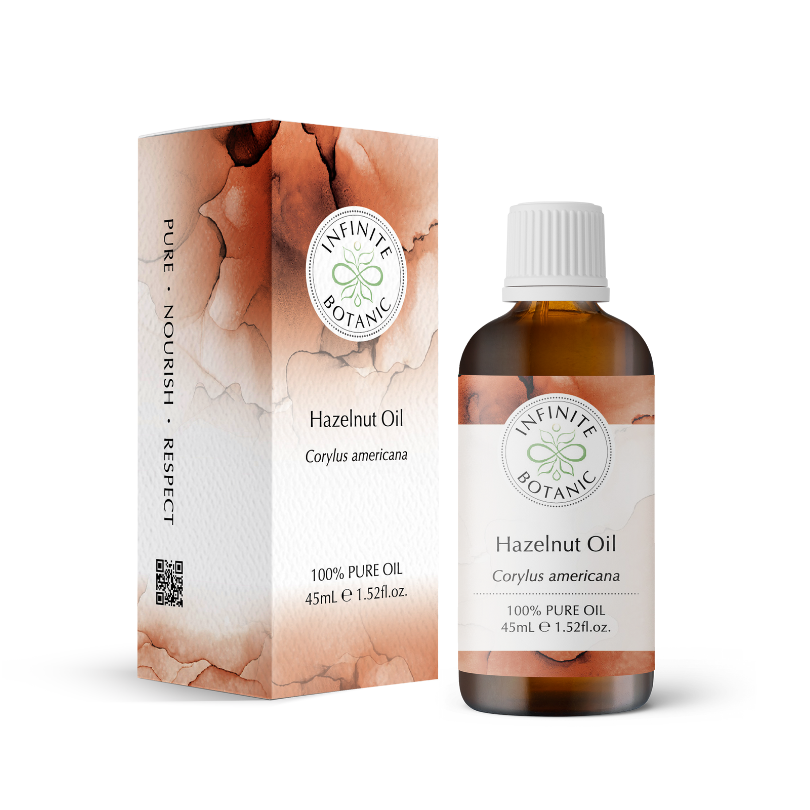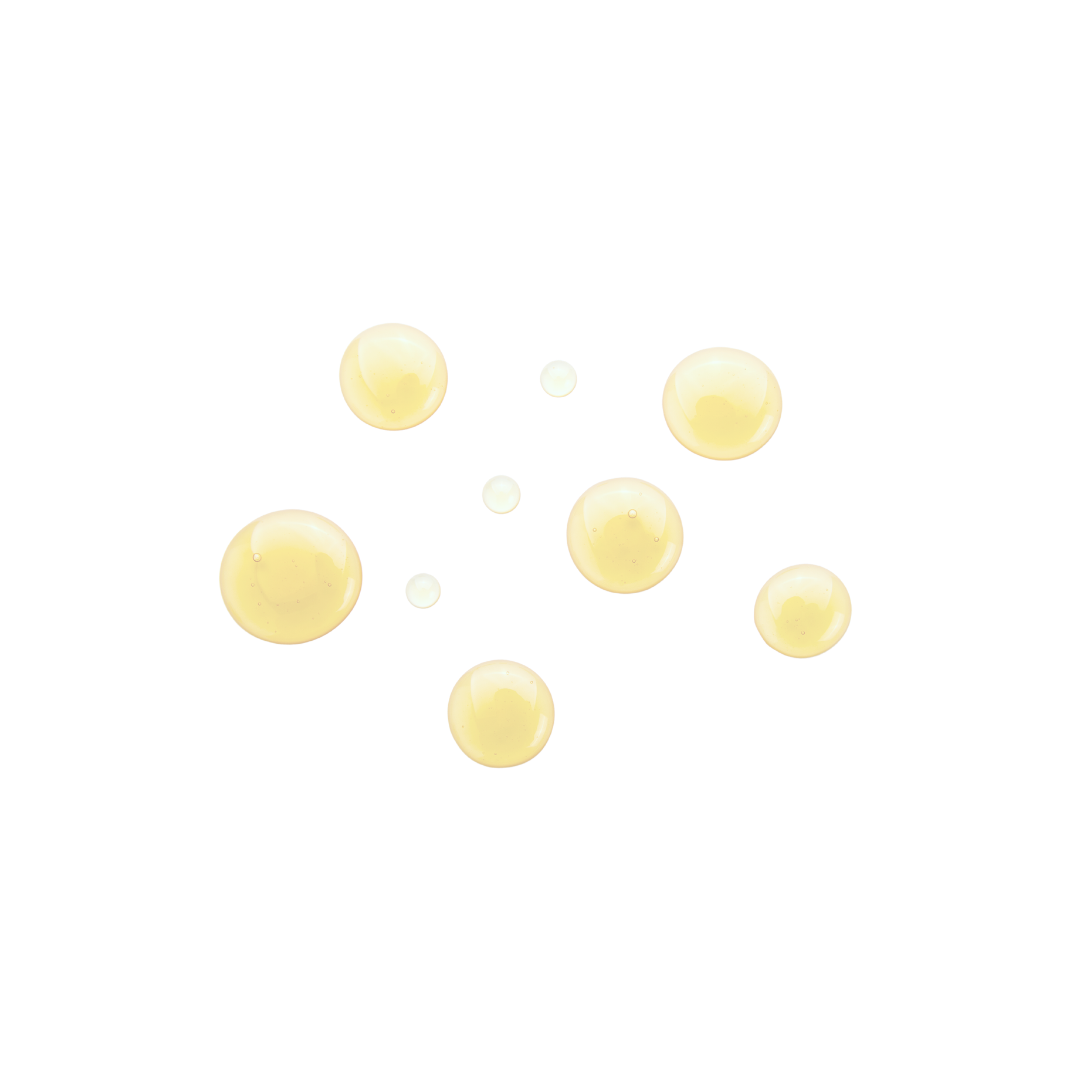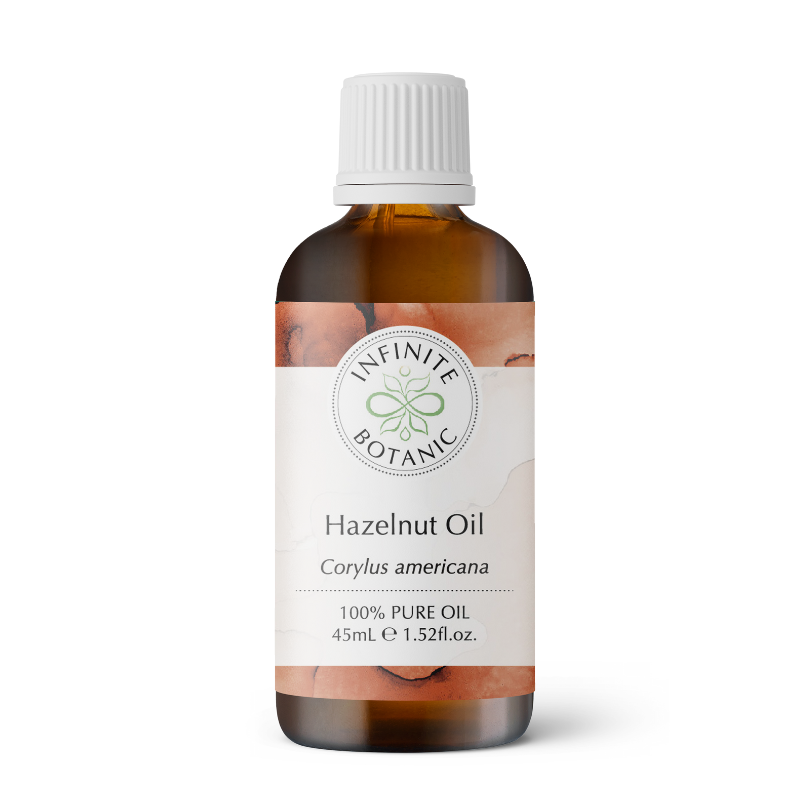


PRODUCT INSTRUCTION RECOMMENDATION
Essential Oil Dilution Guidelines
Essential oil dilution guidelines vary based on the specific oil and its intended application. Here are general recommendations for diluting essential oils:
For Adult Topical Use:
- General Use: 2-5% dilution
- Facial Use: 0.5-1% dilution
Table: Dilution Guideline for essential oils shown in drops.
|
|
Volume of Carrier Oil (mL) |
||||
|
Dilution Percentage ( %) |
10mL |
15mL |
30mL |
45mL |
60mL |
|
0.50% |
1 |
2 |
4 |
6 |
8 |
|
1% |
3 |
4 |
9 |
13 |
18 |
|
2% |
6 |
9 |
18 |
27 |
36 |
|
3% |
9 |
13 |
27 |
40 |
54 |
|
4% |
12 |
18 |
36 |
54 |
72 |
|
5% |
15 |
22 |
45 |
67 |
90 |
Reference: https://tisserandinstitute.org/essential-oil-dilution-chart/
For Children and Sensitive Individuals:
- Children: Use a much lower dilution of 0.5-1% or less, depending on the child's age and the specific oil.
- Elderly or Sensitive Skin: Apply a lower dilution, such as 1-2%, to minimise skin irritation.
For Specific Uses:
- Some essential oils may require higher or lower dilutions based on their potency and intended use. Always follow specific recommendations for each oil.
For Facial Use:
- For delicate facial skin, a 0.5% to 1% dilution is generally recommended, translating to 3 to 6 drops of essential oil per 30 ml of a carrier oil or facial product.
Bath:
- When adding essential oils to a bath, it's generally recommended to use 5-10 drops of essential oil diluted in a carrier oil or a bath dispersant. Ensure that the oils are well mixed in the bathwater before entering.
For Strong Oils:
- Highly strong oils like cinnamon, oregano, and thyme should typically be diluted at 0.1% or less.
Pregnancy and Nursing:
- Pregnant and nursing women should use essential oils cautiously and consult a qualified healthcare professional. Dilutions should be minimal, and certain oils may need to be avoided entirely during pregnancy.
Sensitive Areas:
- Exercise extra caution when applying essential oils to sensitive areas such as the face, genitals, or mucous membranes. Use very low dilutions, if at all.
It's important to remember that essential oils are potent and can cause skin irritation or allergic reactions in some individuals, especially when used undiluted. Always perform a patch test before applying any new essential oil to your skin, and if you experience any adverse reactions, discontinue use immediately.
Additionally, essential oils should not be ingested, and extra caution should be exercised when using them around infants or pets. When in doubt, seek advice from a qualified aromatherapist or healthcare provider for personalised guidance on essential oil dilution and usage.
Tips for Using Essential Oils
Aromatherapy: Disperse the aroma through diffusers, aroma roll-ons, handkerchiefs, and similar methods.
Skincare: Apply diluted oil to the skin for skincare and relief. Essential Oil Dilution Guidelines
Massage Therapy: Blend with carrier oils or lotions for muscle relaxation massages.
Bath Therapy: Add a few drops to a warm bath to relieve stress.
DIY Products: Incorporate into homemade items like bath salts, soap, and candles.
Stress Relief: Inhale from a handkerchief or aroma bottle for deep breathing and stress relief.
Cleaning and Disinfection: Enhance cleaning supplies with aromatic benefits.
Mind-Body Balance: Select oils for emotional balance and mood enhancement.



